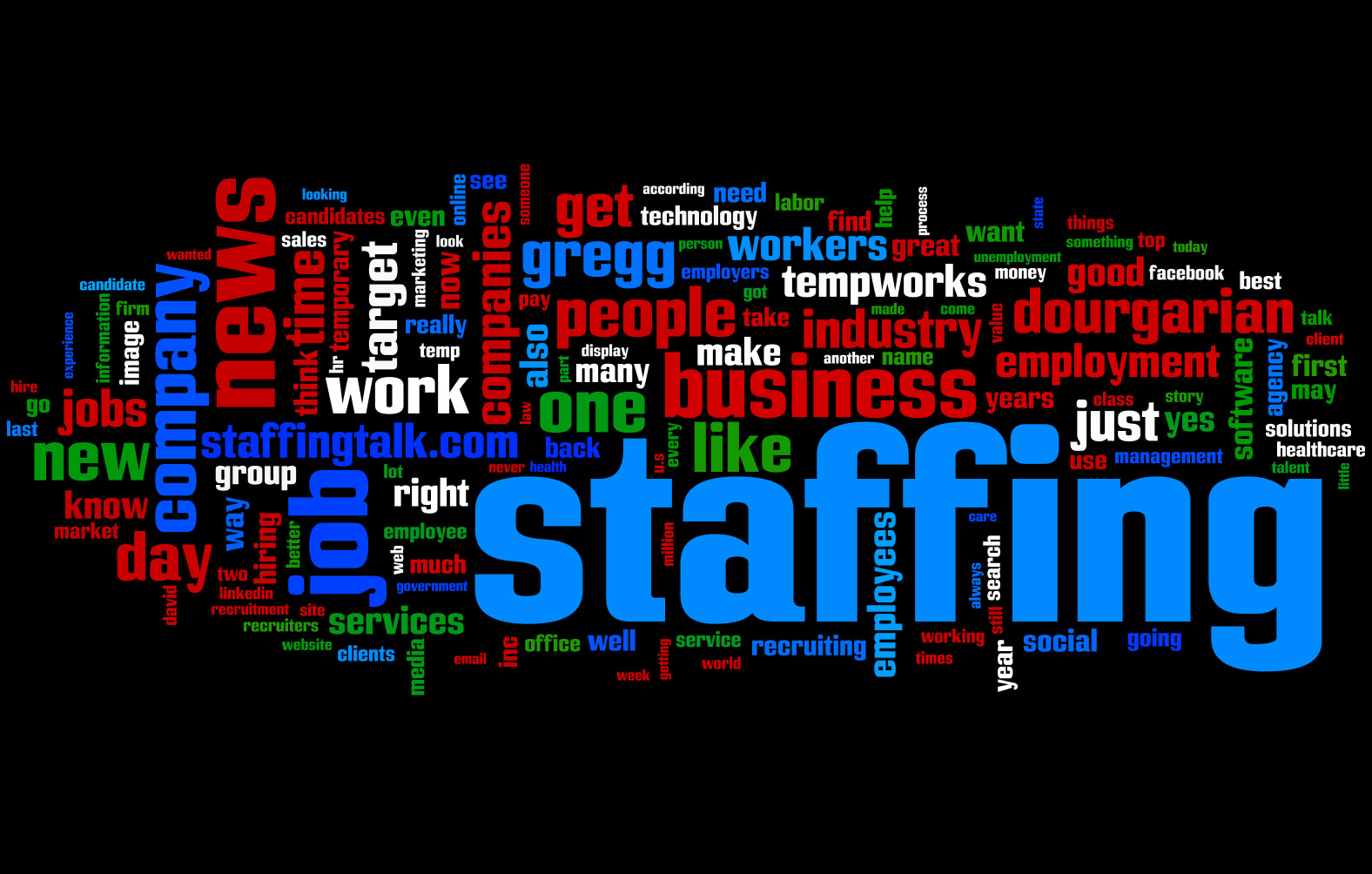Suppose I called you up tonight, and told you that everything you do online…everything you put on FaceBook or any other web site…is just used to invade your privacy.
Would you care?
In 1998 I went to an Internet conference called ISPCon with Peter Coroneos, who runs the Australian Internet Industry Association. Peter was aghast that he had to give up so much personal information just to enter a TRADE SHOW. He asked how it was that Americans were so ready to trade the most intimate details of their lives just to make a simple transaction like buying a ticket for a show or to ride a train. I didn’t have an answer then, but I do now.
I refuse.
I have dropped out of FaceBook, don’t Twitter or Tweet, and refuse to give real information to any web site. And I wipe my cookies and tracker caches every single night. Because I do not want to let advertisers know who I am, where I am or what I am thinking about.
That may seem extreme, but you should consider it as well. I’m a pretty stable guy, not a privacy lunatic by any means, but I am scared. If you are not scared about this as well, consider a recent study by the Wall Street Journal (found at http://online.wsj.com/article/SB10001424052748703977004575393173432219064.html?mod=WSJ_hpp_MIDDLETopStories). The crux is that the most popular sites on the Internet put HUNDREDS of tracking devices on your computer when you access them, so they can gather and sell your most personal data to companies that in turn sell them to anyone with the cash to buy the data.
Here’s an excerpt of the report:
“In an effort to quantify the reach and sophistication of the tracking industry, the Journal examined the 50 most popular websites in the U.S. to measure the quantity and capabilities of the “cookies,” “beacons” and other trackers installed on a visitor’s computer by each site. Together, the 50 sites account for roughly 40% of U.S. page-views. It’s rarely a coincidence when you see Web ads for products that match your interests. WSJ’s Christina Tsuei explains how advertisers use cookies to track your online habits. The 50 sites installed a total of 3,180 tracking files on a test computer used to conduct the study. Only one site, the encyclopedia Wikipedia.org, installed none. Twelve sites, including IAC/InterActive Corp.’s Dictionary.com, Comcast Corp.’s Comcast.net and Microsoft Corp.’s MSN.com, installed more than 100 tracking tools apiece in the course of the Journal’s test. Some two-thirds of the tracking tools installed—2,224—came from 131 companies that, for the most part, are in the business of following Internet users to create rich databases of consumer profiles that can be sold. The companies that placed the most such tools were Google Inc., Microsoft. and Quantcast Corp., all of which are in the business of targeting ads at people online.”
Scared yet? Sigh!
In 1995, when I interviewed the president of Privacy International, I frantkly though he was a bit of a nut case. Surely, giving up your name, address and telephone number — information available for free in any phone book — could not be that bad a deal. I have learned better in the 15 years since, and now do everything I can to keep the real information out of the hands of the marketers. And if you think I am getting just old and weird, you can join my grandchildren in thinking of me as a relic of the old days.
But if you care about your future, you may just want to take some precautions. Keep the landline to your home, but never answer it or listen to the messages. Give phony information whenever you can. Old email addresses, fake addresses, different descriptions of you. Refuse to respond to spam. Refuse to give out information to companies you do not know. Refuse to do business with companies that want all of your personal data.
I know, I know. Sounds strange and crazy and paranoid. And I am not that. But increasingly, as the watchdogs of privacy sound the warning, I think to myself…”Cant be all that bad to protect my personal information, even if it means giving up my place on Farmville or Twitter.” Maybe even wise, until we see how things shake out.
And if you have some personal perspectives on this, I would love to hear them.
Thanks for reading CPA Practice Advisor!
Subscribe Already registered? Log In
Need more information? Read the FAQs




